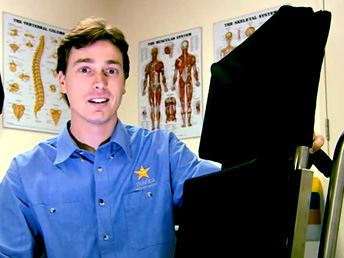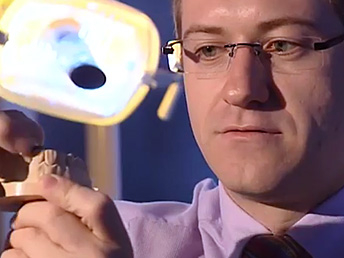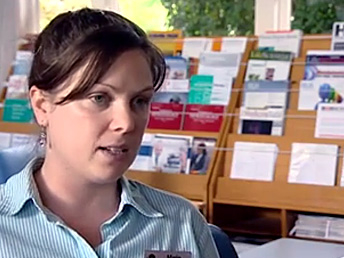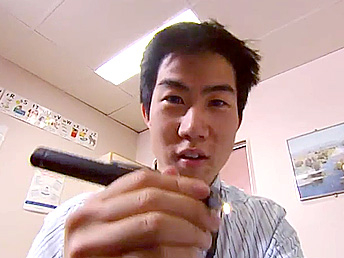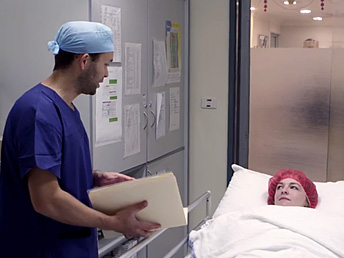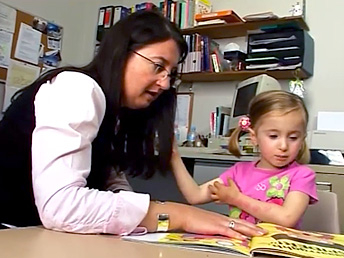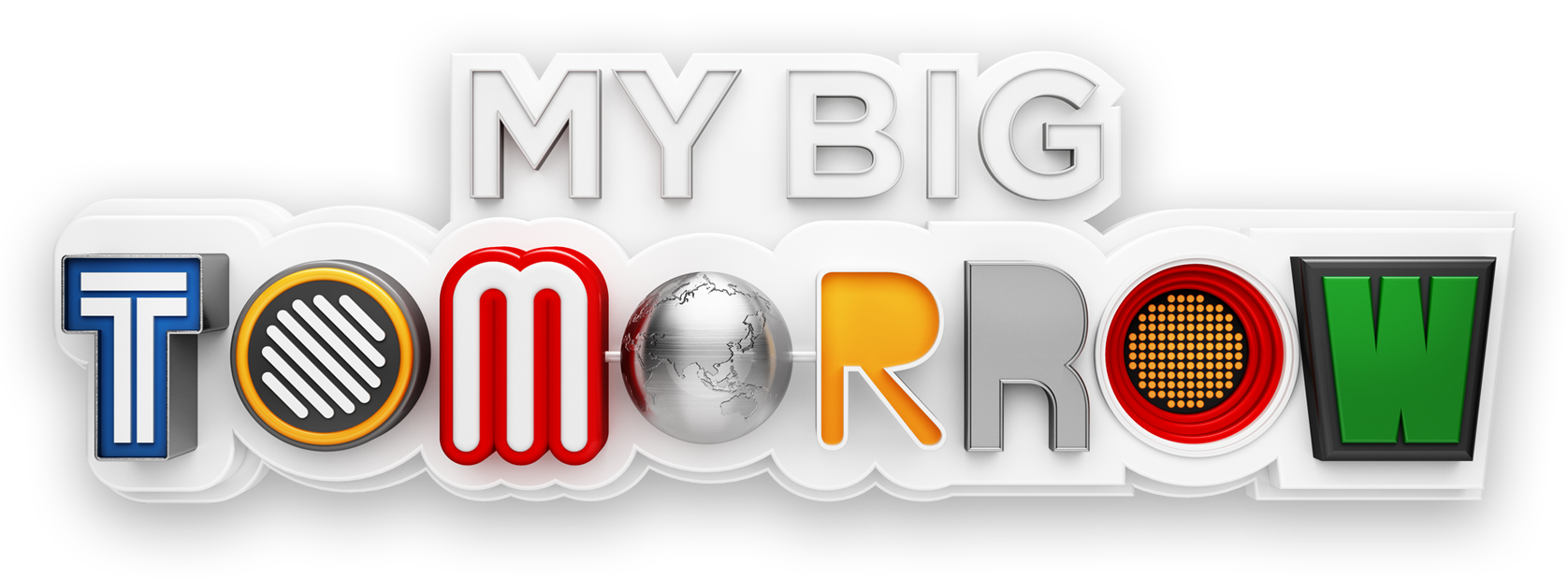
Ophthalmologist
An ophthalmologist is a specialist medical doctor that works to prevent blindness, promote eye health and rehabilitate people with visual disabilities. The role involves all areas of eye care, from prescribing glasses to performing complex surgery.
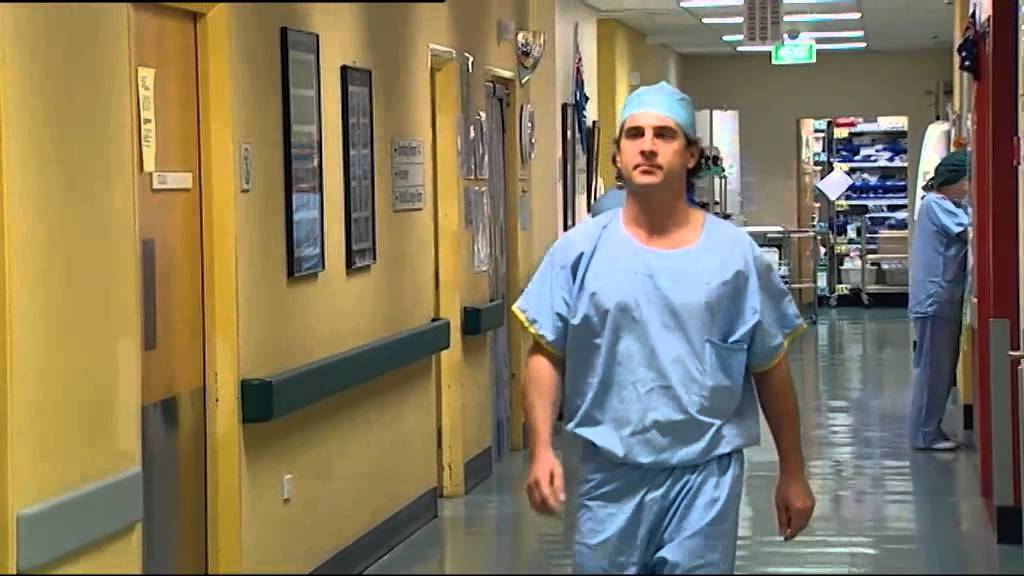

What the job looks like
Salary expectation
starts at $56,758 up to $210,000+

The good
- Helping restore someone’s vision
- Surgery is always interesting
- Lots of variety from working with children to the elderly
- Helping people
- Potential to travel or volunteer in developing countries
- Teaching medical students
The not so good
- It takes a long time and a lot of study to become an ophthalmologist
- Long hours can impact your social life
Ophthalmologists specialise in eye health and surgery. It takes 12 years of study to become an ophthalmologist so you need to be dedicated from the start. Being able to help people and restore their sight makes all the study worthwhile.
As a medical specialist you need good communication and people skills as you will be seeing a lot of different patients. Some may be distressed or scared, especially children, so you need to be able to talk with people and put them at ease.
You also need good vision yourself and will be using a microscope for a lot of the diagnosing and surgery you do. Excellent hand-eye coordination is important and being able to work well with both your hands is necessary to carry out operations. Eye surgery needs to be incredibly precise otherwise you could send someone permanently blind or worse. You will be using machines and equipment that are incredibly accurate.
Good maths skills will be needed to prescribe and convert medical dosages, work out formulas and solve problems in your head.
You will also need English skills to write up reports and keep patient notes that record the surgery, from consultation to recovery.
It's such an interesting field and you can specialise in so many areas.
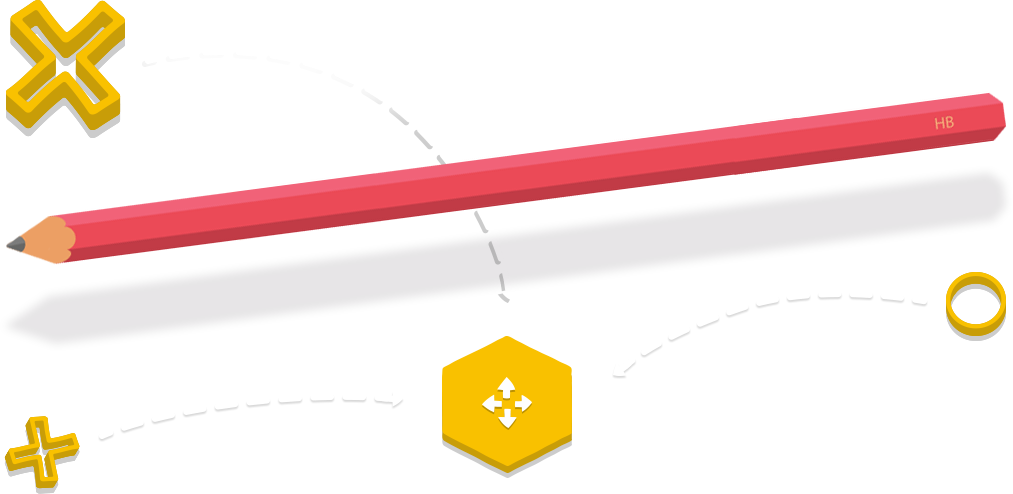
Pathways to this career
Subject suggestions for the HSC
Choosing your HSC subjects from this list could really help with your career. Think carefully about what you want to study after school as you might need to choose specific HSC subjects for that course and to count towards your ATAR (Australian Tertiary Admission Rank). An ATAR is your academic rank in relation to other HSC students and helps with University admission.
HSC subjects
Some subjects will count towards your ATAR, others will not. Check with your career advisor before making subject selections.
- English (Advanced or higher)
- Mathematics (2 unit or higher)
- Physics
- Chemistry
- Biology
What can I do after I have finished school?
University degrees
Studying one of these degrees can help with your career.
- Bachelor of Medicine
Suggestions
Check out The Royal Australian and New Zealand College of Ophthalmologists for more information
- Visit an eye hospital and talk to a professional about what they do. Ask if you can do work experience with them
- Get used to the idea of a lot of study
- If you are better with one hand than the other, try to improve by brushing your teeth or even learn guitar with your weaker hand to improve your ambidextrous ability
- Go to career expos and events like Open Day to find out more information about what you will study
